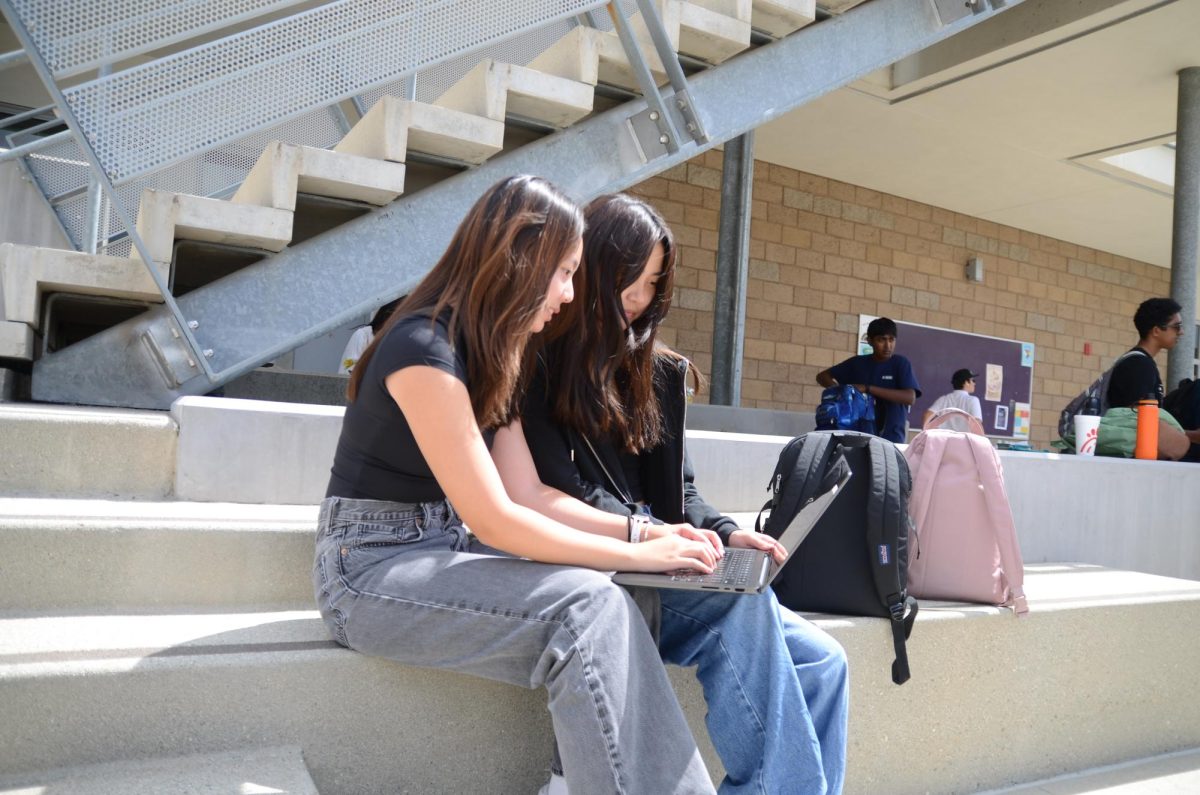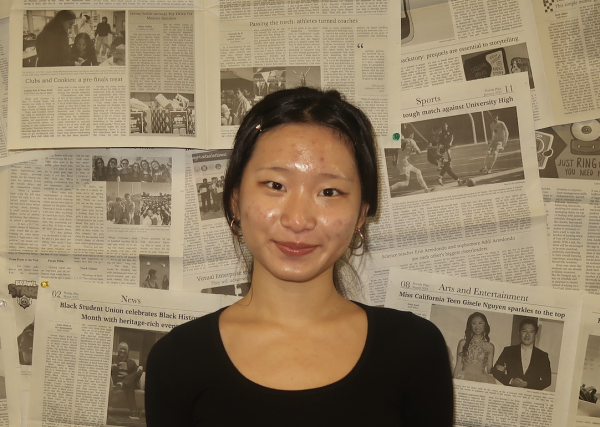As the school year gains momentum following a refreshing summer break, high school students with demanding academic and extracurricular schedules are likely to experience waves of stress and lose motivation.
Regardless of the source of their apprehension, many high schoolers find it uncomfortable to have discussions about mental wellness due to the stigma surrounding this topic, according to Co-President and junior Chloe Shin. National Alliance on Mental Illness (NAMI) Club, affiliated with the national organization operating under the same name, is a new club that intends to establish a much needed supportive environment for students.
The National Alliance on Mental Illness (NAMI) is a nonprofit organization created by mothers with children diagnosed with mental illnesses to raise awareness about mental health and to provide support for those who lack access to such a community.
During a typical school day, teachers frequently remind students to avoid straining their bodies. As a result, whether it is getting enough sleep or stretching during breaks, the average student is well-versed on how to alleviate bodily tension, but when it comes to internal unease, the same can not be said, according to Shin.
“I think it’s very important to normalize mental stress,” Shin said. “To do this, NAMI plans on educating people on different healthy strategies to cope with their stress.”
Although Portola offers plenty of admin-led services, mental health resources initiated by students are not as available. NAMI started their club because high school students, in particular, deserve an opportunity to discuss their state of mind with fellow peers, according to Co-Publicist Hannah Rhim. Rhim said that NAMI hopes that its affiliation with a national organization will encourage students to address the value of mental health in school settings.
“It is a club, but it is connected to an organization that has a lot of experience with raising awareness about mental health,” Rhim said. “So it’s not too much pressure on club members, but it’s also enough just to get them thinking.”
In addition to destigmatizing psychological wellbeing, NAMI also connects students to resources. Those who seek to improve their mental health but shy away from the services led by school administration are linked to helpful resources through NAMI, according to club adviser Sasha Lo.
“[NAMI] is meant to create a safe space for students and also to connect them to our resources,” Lo said. “I think it’s great to come at all sides of it, right?”
Rather than resources being offered only by school administrators or specialists, it is promising to tackle the stigma around mental health from all angles, including the student population. NAMI does just that, introducing a way for students to better their state of mind.





